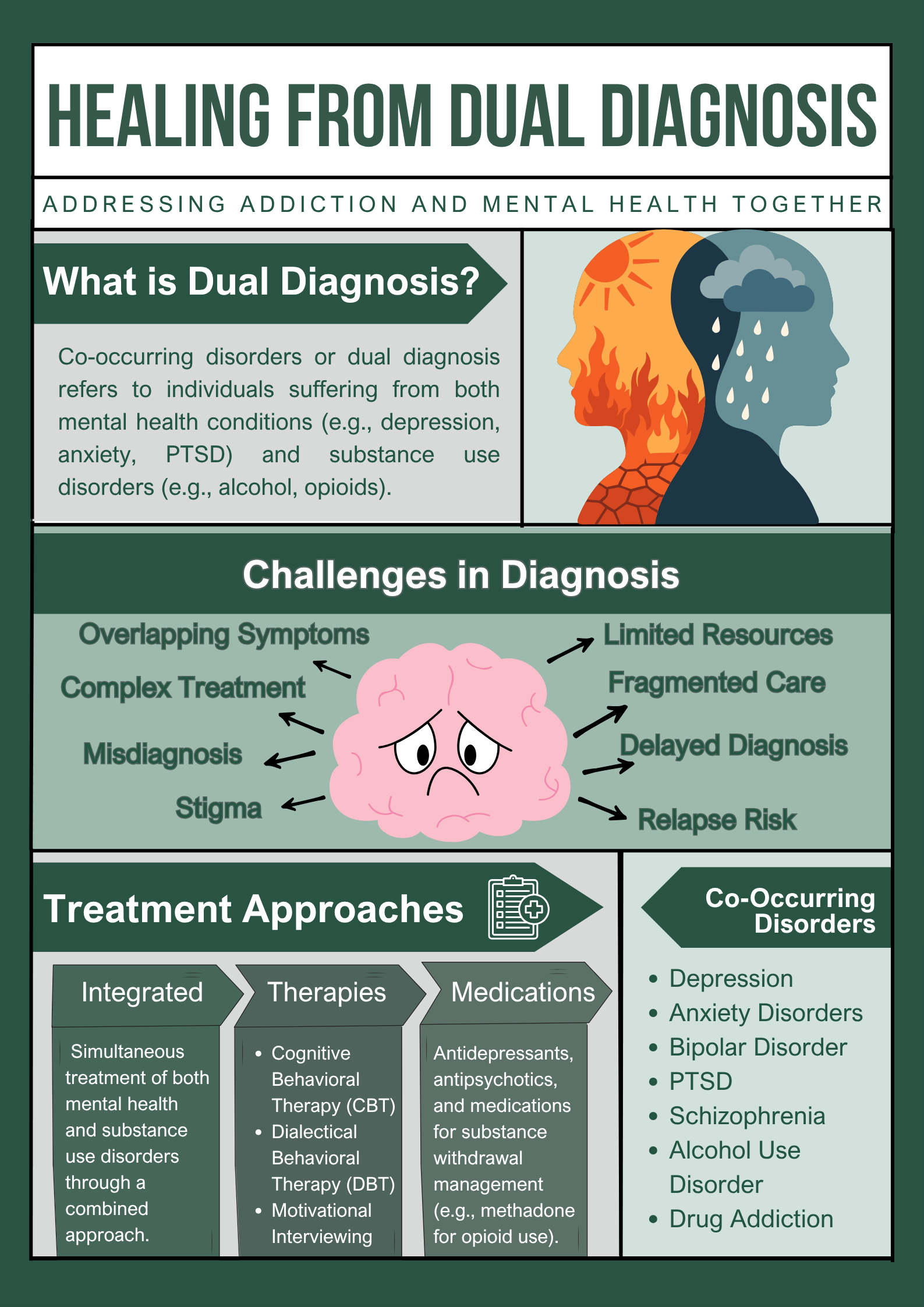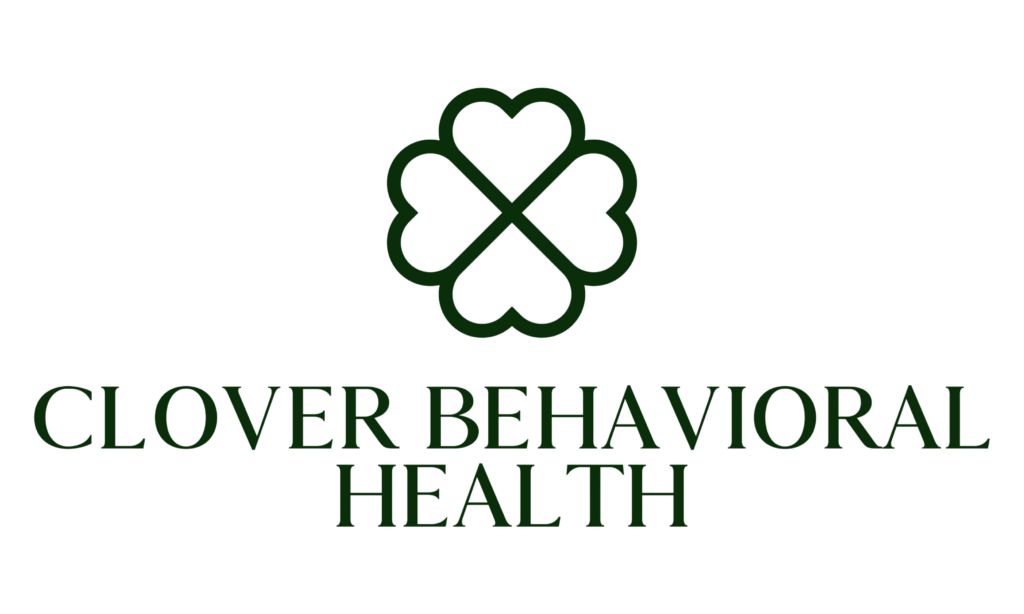Holistic Healing in Dual Diagnosis Treatment Chelmsford MA: Mind, Body, and Recovery
Recovery isn’t linear. Everyone who has traveled this road will tell you that. There are days when you feel like you are climbing mountains. On other days, you are simply trying not to fall into the valley you struggled hard to get out of.
When you’re dealing with both addiction and mental health issues, what we call dual diagnosis, everything gets messier. More complicated. The depression feeds the drinking. Anxiety pushes you to grab something. Anything. That might quiet the noise. Traditional treatment can feel a bit off. It’s like fixing a car by only checking under the hood. All the while, the flat tire is being ignored.
Something different is going on in Chelmsford, MA. There, the understanding exists that healing is not merely about eliminating the behavior or suppressing the symptoms. It is about addressing the entire person. Mind, body, spirit. All of it.
When Two Battles Become One Fight
Dual diagnosis isn’t simply addiction plus depression. Neither is it anxiety with substance use on the side. It’s one tangled mess where each condition feeds the other, like two fires sharing the same oxygen.
Maybe you started drinking because social situations felt impossible with anxiety. Perhaps the depression came first, heavy and suffocating. Pills were the only thing that made you feel something. Then suddenly, you’re stuck in a loop. You can’t even tell what started first. At this point, it almost doesn’t matter.
SAMHSA reports that about 9.2 million adults in the U.S. struggle with both a substance use disorder and a mental health condition. That’s millions of people fighting two battles at once. And too often, they get treatment that only covers half the problem.
Addiction gets handled in rehab. Depression gets handled in a psychiatrist’s office. Two different places. Two different approaches. It’s like your left hand has no idea what your right hand is doing.
What if there was another way?
The Whole Person Revolution
Holistic dual diagnosis treatment isn’t some new age concept wrapped in crystals and wishful thinking.
It’s practical. Evidence-based. Moreover, it makes sense when you really think about it.
Your addiction didn’t happen in a vacuum.
Your anxiety isn’t just a brain chemistry issue.
Everything’s connected. Your thoughts, your body, your relationships, your environment.
So why wouldn’t healing address all of it?

In Chelmsford, treatment centers are starting to get this. They’re looking at sleep patterns alongside therapy sessions. They’re incorporating nutrition counseling with group meetings. Even at the Clover Behavioral Health Center, we understand that the path to sobriety runs through grief work, trauma healing, or learning to actually feel your feelings without numbing them.
Mind: Rewiring the Stories We Tell Ourselves
Let’s start with what’s happening upstairs. That constant chatter in your head. Some days it’s background noise; other days it’s a full-volume catastrophe reel.
Cognitive Behavioral Therapy
CBT helps you catch those thoughts before they spiral. You know, the ones that go from “I made a mistake” to “I’m a complete failure” in about three seconds flat. CBT doesn’t pretend those thoughts aren’t real. It just teaches you to question them, to poke holes in the stories your brain tells when it’s scared or hurt.
Dialectical Behavior Therapy
DBT takes it further. It’s like emotional literacy for people who never learned the vocabulary. How do you sit with anger without exploding? How do you feel sadness without drowning? These aren’t just nice-to-have skills. They’re survival tools when substances aren’t an option anymore.
Body: The Physical Foundation of Recovery
We don’t talk about this enough, but addiction lives in the body too. Those neural pathways were carved deep by repeated use. The way your nervous system learned to expect certain chemicals. The physical anxiety that shows up as chest tightness, racing heart, and sweaty palms.
You can’t think your way out of physical dependence. However, you can build new pathways through holistic therapies.
Nutritional Therapy
They say you are what you eat. Sure, vegetables matter, but nutritional therapy goes beyond that. It’s about knowing how blood sugar swings can spark cravings. It’s about how certain nutrients fuel your brain’s chemistry. How a brain that isn’t well-fed struggles to make clear choices. In early recovery, everything feels fragile. Therefore, stable blood sugar can be the line between having a good day or slipping into relapse.
Physical Exercise
The same endorphins that you may have been seeking with drugs are released by exercise and movement. More than that, though, exercise teaches you that your body can produce positive emotions in addition to pain or numbness. Whether it’s yoga in Chelmsford’s peaceful studios or walking the Bruce Freeman Rail Trail, movement becomes medicine.
Good Sleep
Sleep Restoration might be the most underrated part of recovery. Addiction hijacks your sleep cycles. Mental health conditions make rest elusive. But quality sleep? That’s when your brain repairs itself, processes emotions, and consolidates memories. Without it, everything else gets harder.
Spirit: Finding Meaning in the Mess
This isn’t necessarily about religion, though it can be. It’s about connection. Purpose. The sense that your life means something beyond just avoiding the next crisis.
Mindfulness and Meditation
Forced awareness teaches you to observe your thoughts and feelings without being overwhelmed by them. In dual diagnosis, this is crucial. You’re learning to witness your anxiety without immediately reaching for relief. To notice cravings without acting on them. To be present with difficult emotions without escape.
Art and Music Therapy
Sometimes the depression is too heavy for language. Sometimes the shame is too deep for conversation. That’s when art and music therapy give voice to things words can’t reach. Healing occurs in ways that go beyond the rational mind, and in Chelmsford, treatment centers either give you clay to work with or let their clients lose themselves in music.
Final Words
At Clover Behavioral Health, Chelmsford, we are creating teams that actually communicate. Where your individual therapist talks to your psychiatrist, who collaborates with your group facilitator. Together, they understand what your family counselor is working on.
It sounds simple, but it’s revolutionary in a healthcare system that often treats people like collections of symptoms rather than whole human beings. Ready to be treated like a whole person, not just a diagnosis? Call us today and take the first step toward real, coordinated healing.























